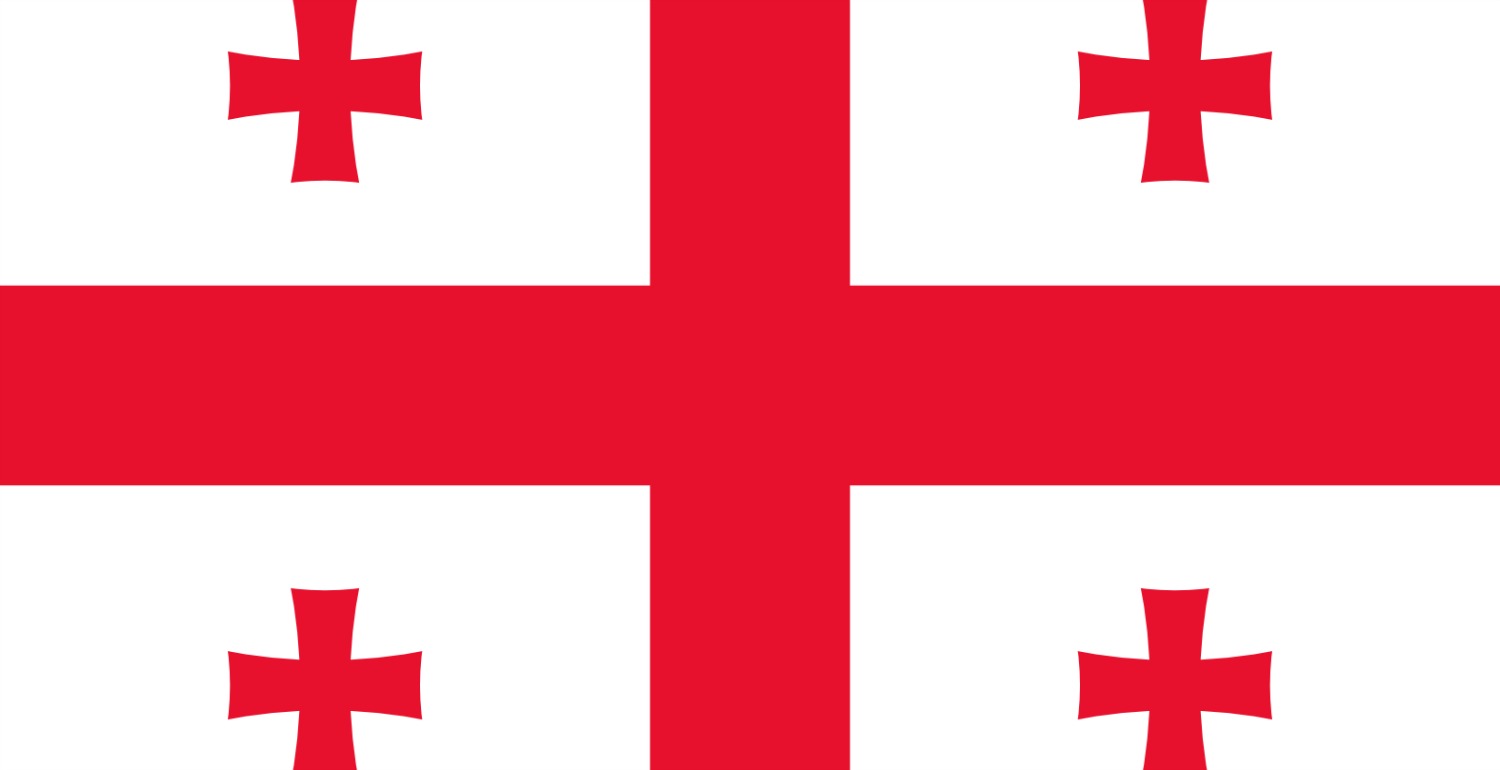On October 31, 1999, Georgia held its third parliamentary election since gaining independence in 1991. President Eduard Shevardnadzes ruling party, the Citizens Union of Georgia, scored a convincing victory. According to the Central Election Commission, in the first round, the CUG won 41.85 percent of the party list voting, or 85 seats, along with 35 single districts. The opposition Batumi Alliance, led by Ajarian strongman Aslan Abashidze, came in second, with 25.65 percent of the vote and seven districts, gaining 51 seats. Industry Will Save Georgia was the only other party to break the sevenpercent threshold for parliamentary representation, managing 7.8 percent and 14 seats. In second-round voting on November 14, the CUG increased its lead, picking up ten more seats, and then won another two in a November 28 third round, for a total of 132. The Batumi Alliances final tally was 59. Overall, the CUG has an absolute majority in Georgias 235-seat legislature, improving on the position it held from 1995-1999.
The outcome did not indicate how tense the race had been between the CUG and the leftist, proRussian Batumi Alliance. A win by the latter threatened to move Georgia into Russias orbit and away from market reforms. The election also offered a foretaste of next years presidential contest, when Abashidze runs against Shevardnazde.
With such high stakes and relations so confrontational between the contending forces, charges of widespread fraud dogged the elections. Of the Central Election Commissions 19 members, only 13 signed the document announcing the results. Nevertheless, OSCEs observation mission called the first round of the election a step towards compliance with OSCE commitments, adding that most of the worst violations occurred in Ajaria. OSCEs verdict after the November 14 second round was more critical, noting violence at some polling stations and vote rigging and intimidation at others. OSCEs initial cautiously positive judgement, however, allowed Eduard Shevardnadze to claim that democratization is proceeding in Georgia and that the countrys admission to the Council of Europe was well deserved.








